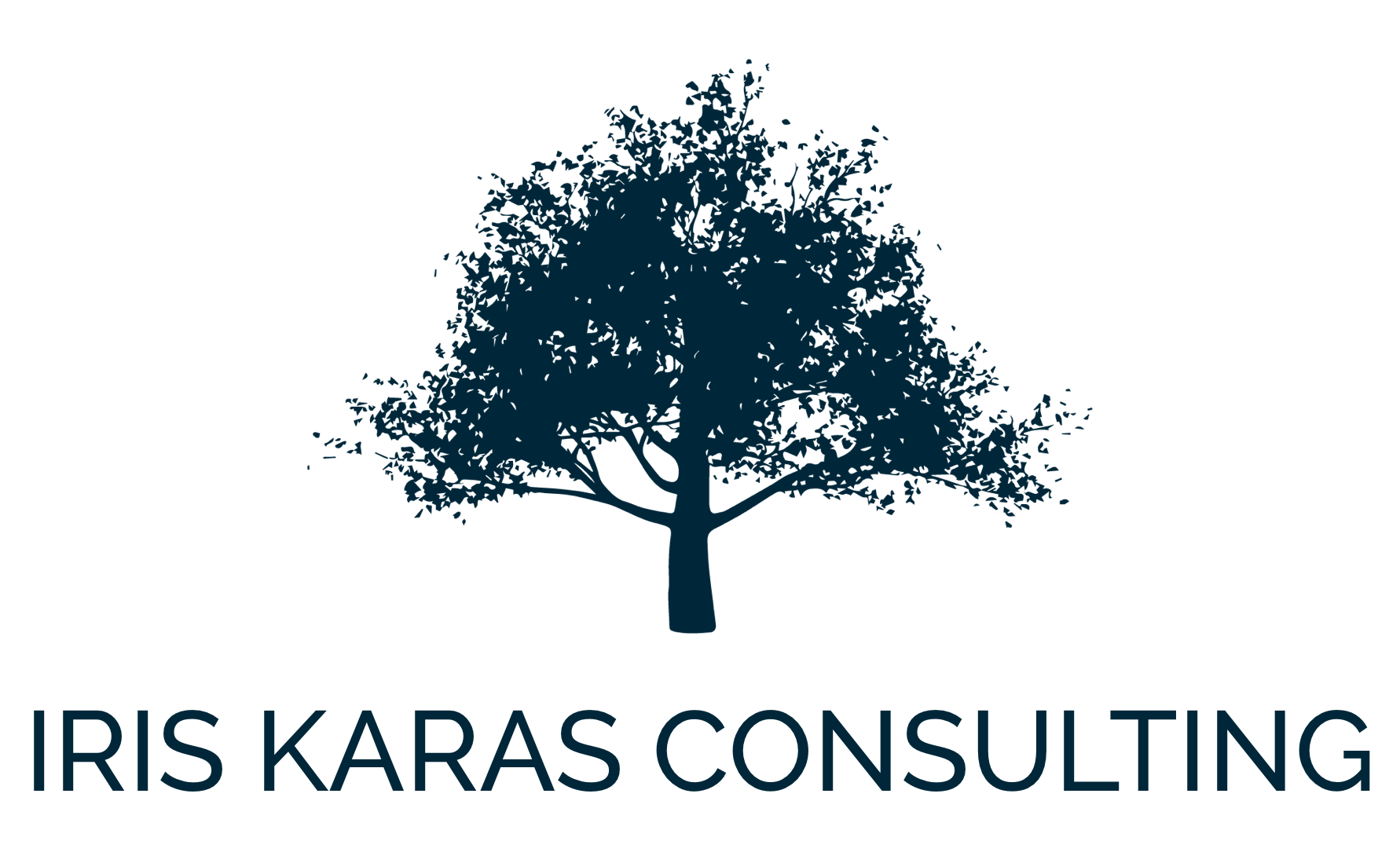When Parents Sense Something Isn’t Quite Right
When parents’ instincts matter
I too am a parent so I know well how challenging it is to be a parent, especially today. After the “what to expect during the first year” is over, we find there are very few rules and actually very little help out there to navigate what is often a pretty muddy terrain—and on a road vastly different from the one we imagined we’d be traveling.
We find out quickly that parenting is a pretty difficult balancing act. If we lean in too closely, we are accused of being helicopter parents. If we say to our kids “you figure it all out and learn from your mistakes”, then we are seen as apathetic and secretly worry that someone will want to call that 800 number on us. And, of course, most of us parents are not one way or the other all the time—it is often situation-specific.
But there are those occasions in our kids’ school years that we somehow feel definitely require our vigilance. How do we know that? Instincts. Ultimately, it is all we have to navigate this precarious muddy road of raising kids. Generally speaking, those instincts serve us well. So please continue to listen to them. Let them guide you even when they only vaguely suggest that something is not quite right and needs some parental attention.
In my experience, when parents sense something is not quite right, their child is feeling it as well. Kids, however, tend to internalize and magnify whatever is wrong—inevitably presuming that there is something wrong with them. So often, when any stumbling block is addressed, students are able to move from “what’s wrong with me” to “I had no idea there was a different way to approach this.” When that ligh tbulb turns on, our kids understand that they don’t have to be limited or defined by these stumbling blocks.
K is a high school client of mine who exemplifies this point. Her parents advised her to come to me for help with study skills. Despite her consistent effort, she never managed to get more than a C on any test. She could not understand why she was never rewarded with a better grade, considering how much time she devoted to her preparation. Because she was stuck at “What’s wrong with me?” it never occurred to her to ask if there might be another way to prepare.
In working together, I learned that K relied on outlines as her primary method of studying. When I asked her if she likes outlines, she said she actually hates them. Well, I asked, why would you continue to use a strategy that doesn’t work for you? “I thought that was the only way,” K said.
So not surprisingly, not only did she assume that everyone, except her, was successfully studying with outlines, but that by default there was something wrong with her because she couldn’t make it work. She had no clue (from teachers or parents or anyone else) that there is a menu of at least 21 studying options. Why not experiment with some?
Together we came up with a strategy based on her learning style, which was to approach test preparation by creating questions about the material and then using her creative abilities to answer the question.
In a relatively short period of time K discovered a personalized way to approach school subject matter from an entirely new angle. She is now able to take on a subject with interest and confidence, making test-taking simply the end result of an engaging process. Not the least important in her new approach at school, K found that the confidence she was finding in being well prepared greatly lessened her anxiety about tests. When students relax in the studying process, they can focus more sharply and retain more. Talk about a win-win.
If K’s parents did not act on their instinct that something was wrong (or not right), K would not have had the opportunity to make important changes in her school life. Helping a child to see a problem in new ways with new approaches is often what is needed to place her on the road to success.
